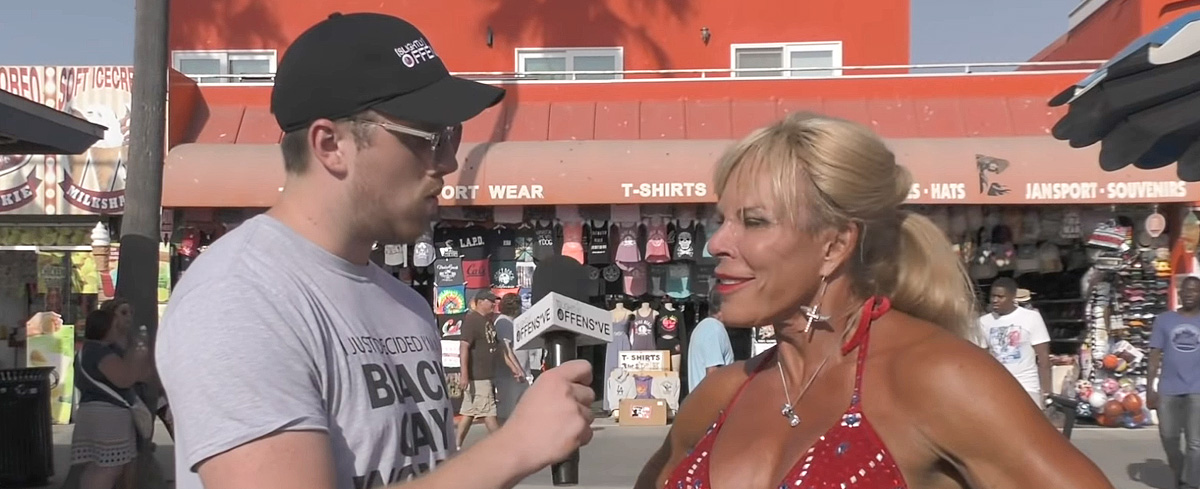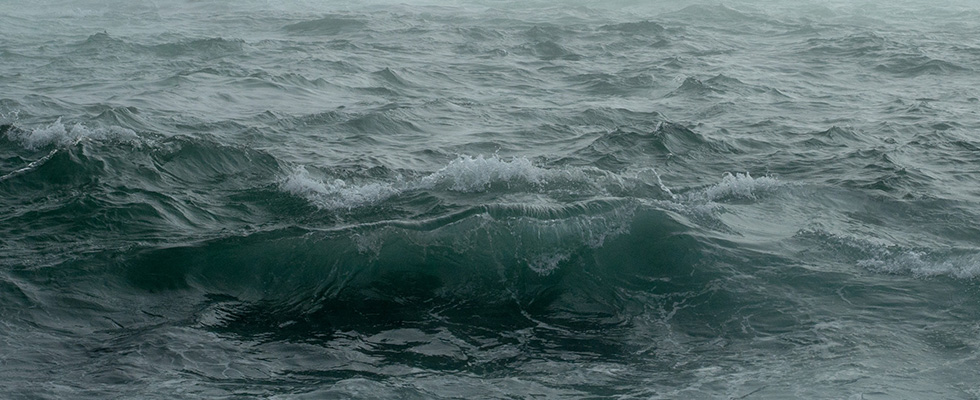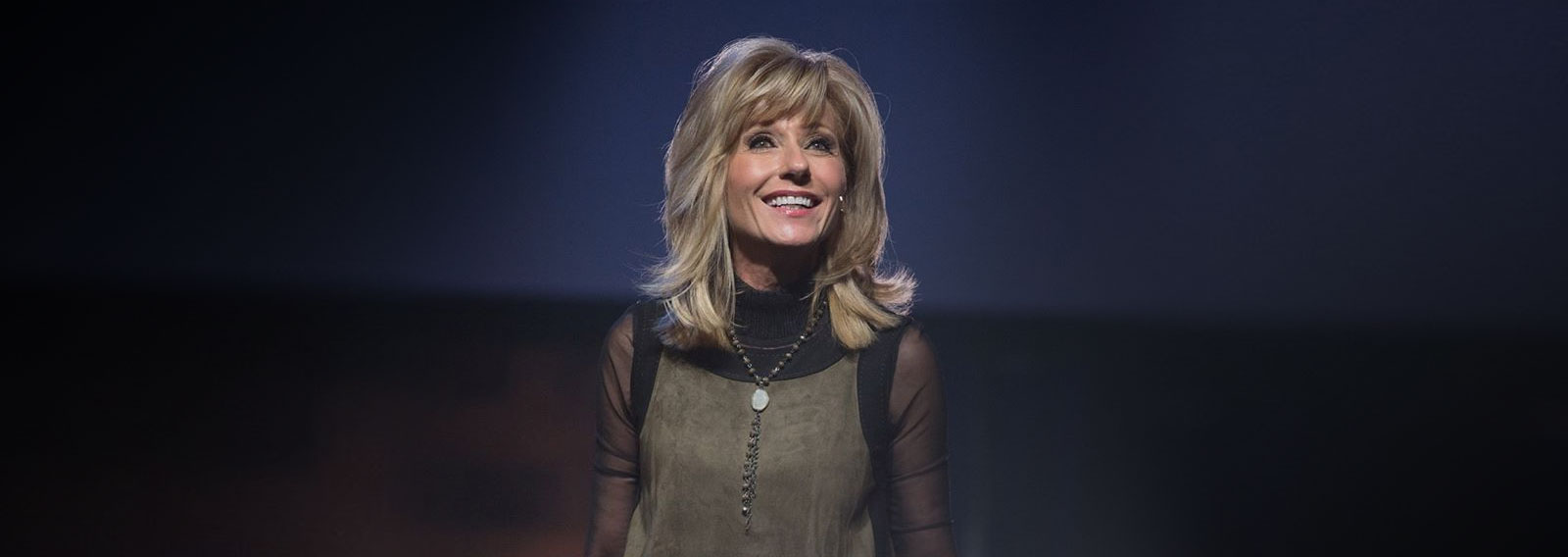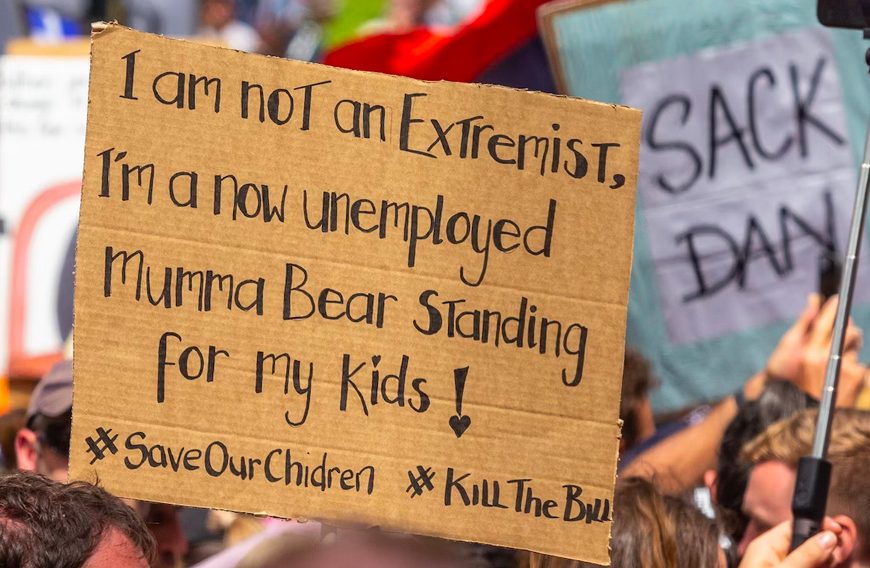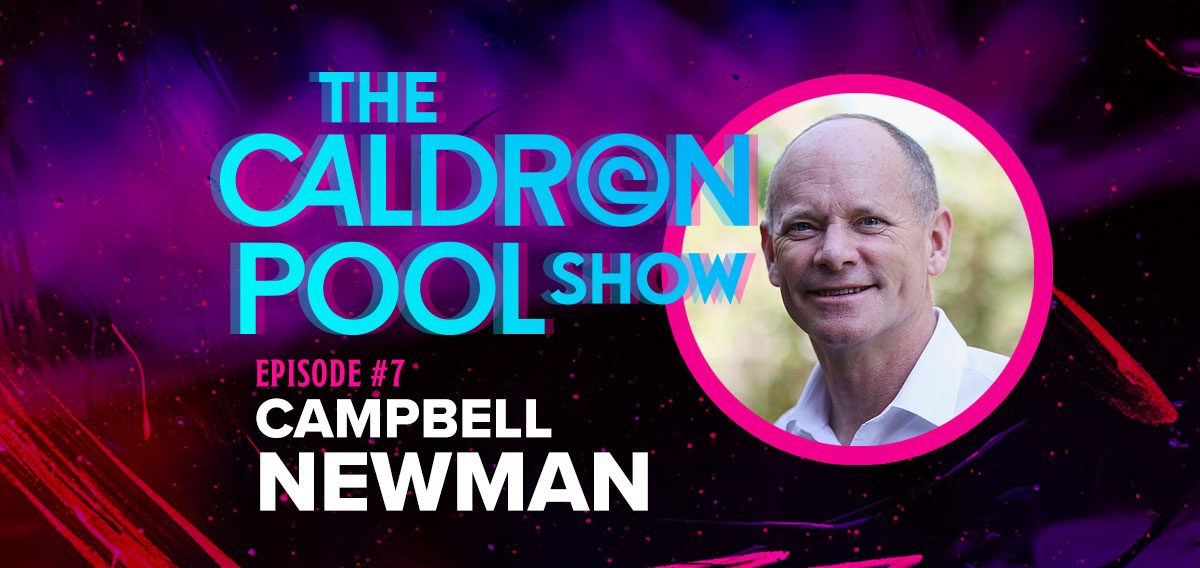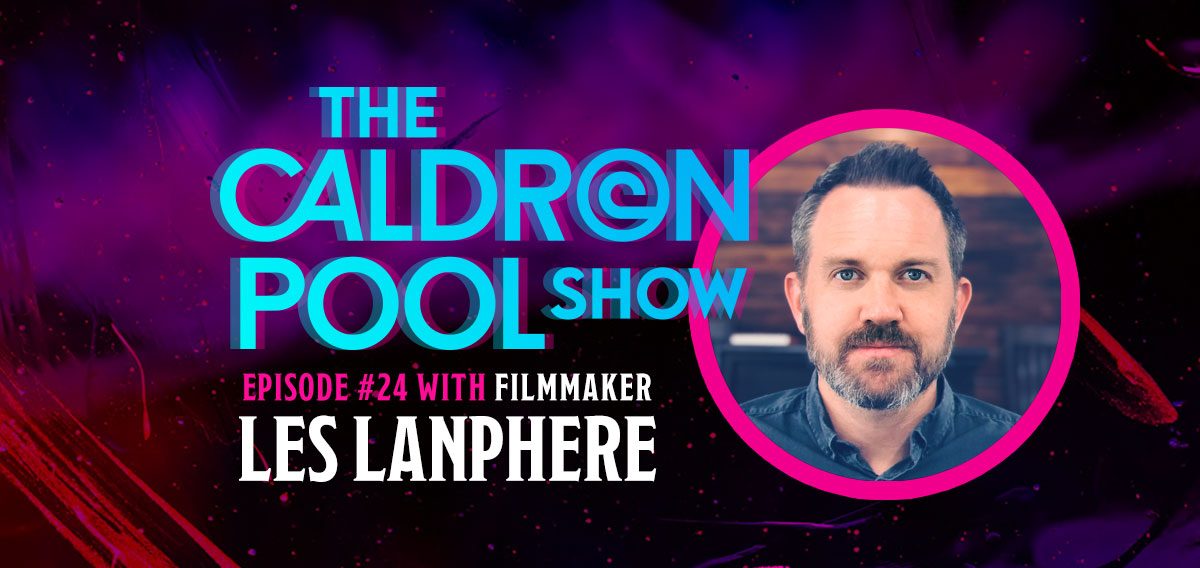Aboriginal Sunday was an idea first suggested by the Christian activist and Indigenous man William Cooper (1860-1941) in around 1938. It was supposed to be a Sunday set apart – the Sunday closest to January 26 – for churches to reflect on our Indigenous brothers and sisters and their need, like us all, for the Gospel of Jesus.
It’s very helpful to understand that Aboriginal Sunday was first suggested decades before divisive movements like identity politics, wokeism, BLM, and critical race theory, and to remember that it was a Christian man who suggested it. In other words, to agree with Aboriginal Sunday is not to be capitulating to divisive identity politics.
Regarding Aboriginal Sunday, Cooper said:
“We request that sermons be preached on this day dealing with the Aboriginal people and their need of the gospel and response to it and we ask that special prayer be invoked for all missionary and other effort for the uplift of the dark people.”
To my mind, Aboriginal Sunday is a great idea to remind Australian Christians that the greatest need for all Australians, Indigenous and non-Indigenous, is not some vague reconciliation between Indigenous and non-Indigenous Australians – what does such reconciliation even mean or look like? – or some boondoggle Voice to Parliament, or a Treaty, or perpetuating intergenerational guilt, or more recognition of Indigenous pagan spirituality.
The greatest need for us all is to submit to the Lordship of Jesus and for that transformation in our individual lives to radiate outwards to our families, communities, and the nation. Indigenous communities are typically small, and so Christians can have a big impact.
Some churches may wish only to devote, say, 20 minutes to the issue of Indigenous Australians, which is fine. It’s not all or nothing. Practically speaking, every Aboriginal Sunday may look something like this:
- Reflections on special challenges faced by many Indigenous Australians today
- Praying for Gospel success to Indigenous peoples of Australia
- Promoting helpful Gospel ministries
- Spotlighting Aboriginal evangelists and their work
- Taking up a special, pre-announced collection for an Indigenous Gospel ministry
- The telling of stories of hope and the transformative effects of the Gospel on the lives of Indigenous Australians and communities. Here’s a good one.
What Indigenous Sunday should not be is:
- Mantra-like talk of reconciliation, which is vague and fruitless
- Days of grievance for sins of the past that is pointless and divisive
- Exercises in neo-paganism, whether smoking ceremonies or invocations of spirits (of elders, for example), or pantheistic rhetoric
- Accusations of intergenerational guilt, which is thoroughly unchristian but sadly synchretised into much Christian reflection on the issue (see Ezekiel 18:20, Deuteronomy 24:16, Jeremiah 31:30)
- Focus on racism as the main thing holding back Indigenous Australians (because the accusation is utterly misleading and thus utterly counterproductive to any policy of amelioration)
An excellent thing to do would be to read out some encouraging historical testimonies from Aboriginal Australians and missionaries to Aboriginal communities.
To help with this, here is a remarkable and moving letter written in around 1844 from Rev. William Watson of the Apsley Aboriginal Mission (Wellington, NSW):
“In the Apocalypse [the Book of Revelation] we are told that St. John saw a Great Multitude in heaven of all Nations and kindreds and people and tongues. Surely then there must have been amongst that sanctified assembly some of the regenerated Aborigines of New Holland (Australia). In the Scriptures of truth, we are told that God will have all men to be saved. Before our Lord Jesus ascended to Heaven, he commanded His Apostles to go into all the world and preach the Gospel to every creature, and to disciple all Nations; which seems to imply that all Nations are capable of being made the disciples of Christ; and that God wills that all Nations Should become the disciples of Jesus Christ. Hence it is not only a libel on the Aborigines of this land to say that they are not capable of becoming savingly acquainted with the Redeemer; but it is also a libel on the Divine Majesty to say that he has stamped immorality upon any race of beings, declared that he wills their Salvation, commands his Apostles to go and preach the Gospel to them and bring them into Christ’s spiritual fold, while he has left them destitute of those moral faculties on which alone the Gospel and the Grace of God can operate. It is very common for the Aborigines of this land to be libelled by the Press, but it is no trifle to make Statements which are diametrically opposed to the Gospel, and derogatory to the honor of the Most High. We have witnessed and can testify to the capabilities of these natives to receive the Grace of God through Jesus Christ our Lord, and I hope and trust that Spiritual benefit has been conferred on Aborigines by our labours, which we have not yet seen, and may not in this world be permitted to see.”
Historical Records of Australia, vol.23, Series I, Governors’ Despatches to and from England, July, 1843-September, 1844, (Sydney: The Library of the Commonwealth Parliament, 1925, p.495
Here is another from Rev. Watson:
“It required no small degree of resolution and fortitude in this young woman [Jane Marshall, wife of Jemmy Marshall] to enable her to come forward in the midst of a large assembly of Europeans and heathen Natives, and make confession of her faith in Christ Jesus, and of her resolution at once to give up and abandon all the customs and practices of the heathens of the Land; yet this she did with much courage and meekness, and was received by water baptism into the visible Church of Christ, and I trust also that by the divine Spirit she was made a member of the spiritual Church of the redeemer. The language and manner of this Aboriginal female, in meetings for Social prayer, shew that she is well acquainted with the truths of Holy Scripture, and with her own state, as a Sinner and a dependent creature on the providence and grace of God. Unrequested, she comes almost every morning to repeat a hymn and six or eight verses of Holy Scripture; and, on Sundays, she is invariably the first to say the Collect and the Text. It is truly pleasing to hear Jemmy (heathen as he is) in an evening, teaching his children to say their prayers, and afterwards reading with his wife the New Testament.…Jane does not seem disposed to hide her light under a bushel; but is frequently in conversation with the other females or our family; and we trust that a brighter day is dawning on the Aborigines of this land than they have hitherto enjoyed. We have other candidates for baptism, and we have hope that we shall have an Aboriginal family of Christian believers.”
‘The Fourth Annual Report of the Apsley Aboriginal Mission, conducted and supported by the Revd. Wm. Watson’ (11 Jan. 1845)’, Historical Records of Australia, vol.24, Governors’ Despatches to and From England, October, 1844-March, 1846, (Sydney [printer]: Library Committee of the Commonwealth Parliament, 1925), p.271
Another thing that could be done is simply to play some videos for the church. My pick would be the incredible testimony of Pastor James Dargin, and Indigenous man who after a life of much pain and abuse found forgiveness in Jesus and then was able, in turn, to forgive others, and ask for their forgiveness. Pastor Dargin’s video could be played, followed by prayer and a collection for an Indigenous ministry.
The focus of Aboriginal Sunday must be positive, constructive, and Gospel-centred. It is a tremendous opportunity to de-toxify Christians’ (and Australians in general) minds from the grievance and hate-fuelled rhetoric and ideology of so much Indigenous and non-Indigenous activism and rhetoric. Sadly, the recent Voice debate showed that many Christians think about Indigenous-non-Indigenous issues in a way more informed by identity politics and humanist ideology rather than in a biblical, Gospel way.
The plight of many suffering Indigenous Australians is serious and we should see it as an unparalleled national opportunity to demonstrate the miraculous power of the Gospel in lives and communities. That’s what Aboriginal Sunday is about.






